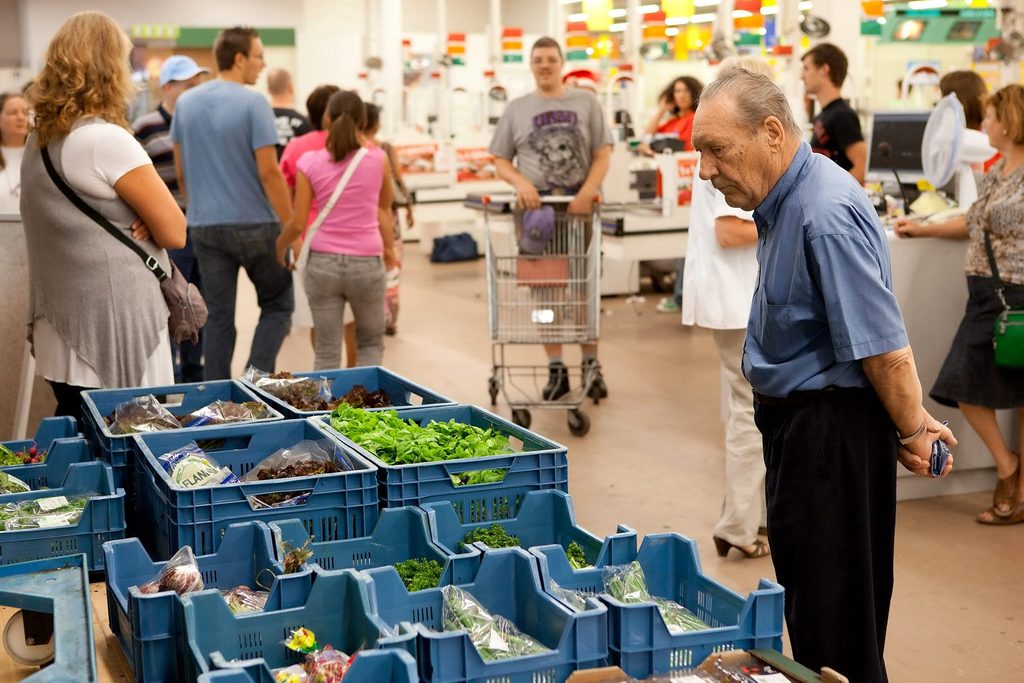On an individual basis, more French-speaking Belgians are facing financial difficulties, the 2023 Confidence and Wellbeing Barometer from the social welfare group Solidaris showed.
One in five French-speaking Belgians (21.5%) struggle to make ends meet financially. The findings come after health insurer Solidaris surveyed 1,000 people on over 200 wellness-related questions covering their well-being, living conditions and their interpersonal, work and political relationships since 2015.
The eighth year of this survey confirmed the rise in the composite index that measures this average general state, an increase first documented in 2022. In 2023, the overall index increased to 53.3.
"Wage indexation, the 'end' of the energy crisis and the end of the pandemic have breathed new life into some people's spirits, although they have not yet returned to the highest levels measured since the barometer began," Solidaris noted.
The gender gap in numbers
The index for women remains at 49.4 (unchanged for a year), while the men’s index has seen a growth of 5.5%, reaching 57.4. Solidaris suggests this difference is due to women grappling with more challenging work conditions and work-life balance.
Meanwhile, single-parent families have seen a decrease of 21.5% over eight years, with an index of 43.4. People unable to work, holding an average index of 30, have seen a decrease of 17.7% over the same period.
Other profiles seem to be doing a little better than the others in the short term, including workers, the under-40s and couples.
National elections in Belgium are scheduled for 9 June. In this election year, public trust in the political sphere is very low. Half the population believes that democracy is not working, and just over a quarter think politics meets their expectations.
Related News
- 'Many people' want to be part of N-VA in Wallonia, Flemish MP says
- 'Large firecracker': School explosion at Wallonia school leaves 13 people injured
Solidaris therefore advocates maintaining federal funding for social security, largely based on social contributions.
"In the face of inequality, strong social protection is a powerful shield and tool for social cohesion," the report noted. "It must continue to be guaranteed and even strengthened in areas where there is insufficient or no intervention."
The group also recommend a "fairer" tax on all income types. Solidaris wants complete individualisation of social rights, a 10% increase in minimum allowances above the poverty threshold (for a single person).
Solidaris also calls for swift actions to address mental health inequality; 36% of women could be classified as having moderate to severe depression, compared with 25% of men.

